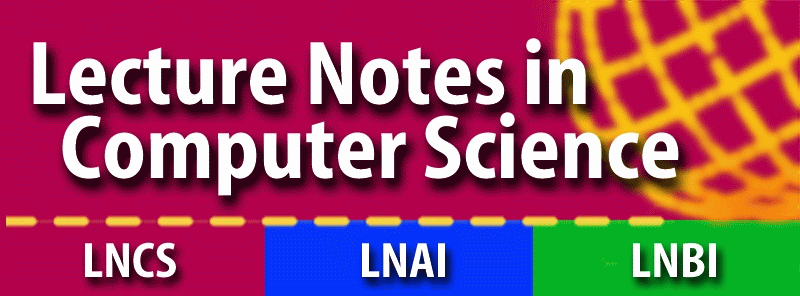The CFP for SPW 2018 is now open.
We are pleased to announce the twenty-fifth International Security Protocols Workshop, SPW 2017. This year the workshop returns to Cambridge but now moves to the beautiful grounds of Trinity College.
This long-running workshop has hosted lively debates with many security luminaries (the late Robert Morris, chief scientist at the NSA and well known for his pioneering work on Unix passwords, used to be a regular) and continues to provide a formative event for many young researchers. The post-proceedings, published in LNCS, contain not only the refereed papers but the curated transcripts of the ensuing discussions (see the website for pointers to past volumes).
Attendance at the International Workshop on Security Protocols is by invitation only.
Theme
Our theme this year is “Multi-objective security”. Security protocols often have more than one objective. For example, entity authentication holds only during the protocol run, but data implicitly authenticated by the session persists long afterwards. When are such temporal disparities essential and when are they inadvertent? Protocols may also have multiple objectives because they have multiple stakeholders with potentially-competing interests. Alice’s access may be Bob’s risk: how do we design protocols to satisfy both? How do we detect protocols serving one master better than the other? Do we even know where the protocol came from and what its authors’ objectives are? How do they interact with the policies of resource owners? What about data provenance?
As usual, this theme is not prescriptive. It is not intended to restrict the topic of your paper, but to help provide a particular perspective and focus to the discussions, for any paper in some way related to security protocols. Our intention is to stimulate discussion likely to lead to conceptual advances, or to promising new lines of investigation, rather than to consider finished work.
Note: this theme is not intended to restrict the topic of your paper, but to help provide a particular perspective and focus to the discussions. Our intention is to stimulate discussion likely to lead to conceptual advances, or to promising new lines of investigation, rather than to consider finished work.
Submissions
Short indicative submissions are preferred, preferably no more than 2000 words. You will have the opportunity to extend and revise your paper both before the pre-proceedings are issued, and again after the workshop. At the workshop, you will be expected to spend about ten minutes introducing the idea of your paper, in a way which facilitates a longer more general discussion. Pre-proceedings will be provided at the workshop.
Timeline
Below are the important dates (all in 2017).
| Date(s) | Significance |
|---|---|
| 16 January | Submission of position papers |
| 13 February | Invitations to authors |
| 27 February | Revised papers due |
| 27 February | Registration deadline |
| 20-22 March | Workshop |
If you are invited to the workshop, don’t forget that you can send us a revised copy of your paper (for inclusion in the pre-proceedings) by the deadline above.
Contact
If you have any enquiries about the workshop that are not answered by the Dates or Ground Rules pages, please contact the Chair of this year’s organising committee (Frank Stajano).
